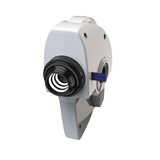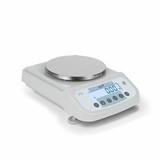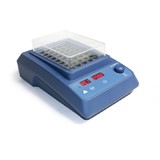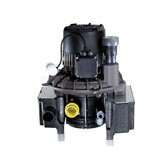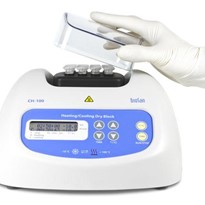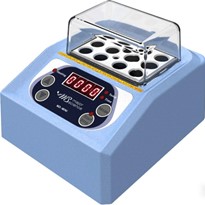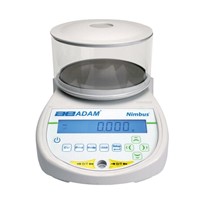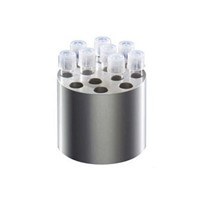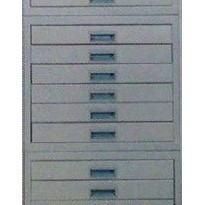When conducting scientific research and experiments, it is crucial to have precise temperature control in order to obtain accurate and reproducible results. Laboratory dry block heaters, also referred to as dry bath incubators or block heaters, have become essential tools for meeting the temperature-sensitive requirements of different laboratory processes. This discussion plans to examine the advantages of the use of laboratory dry block heaters and how they enhance efficiency and precision in scientific studies. Thermoline supplies a range of Dry Block Heaters and can even supply custom blocks.
Understanding Laboratory Dry Block Heaters
Compact and versatile, laboratory dry block heaters are instruments that efficiently and uniformly heat samples in test tubes, microcentrifuge tubes, or other types of vessels. The device comprises a metal block with precision-machined wells where the sample tubes are securely placed. Dry block heaters use direct contact between the heated metal block and the sample vessels to heat the contents.
Advantages of Laboratory Dry Block Heaters
Precise Temperature Control:
Dry block heaters offer precise temperature control as a key benefit. Equipped with advanced digital temperature controllers, researchers can set and maintain specific temperatures within a narrow range. This level of accuracy is essential for various applications, including enzyme reactions, DNA amplification via polymerase chain reaction (PCR), and protein denaturation studies.
Versatility and Adaptability:
Interchangeable blocks on dry block heaters enable researchers to use various tube sizes and formats, making it possible to run multiple experiments at once. This saves time and resources and increases their usefulness. The ability to switch blocks also makes them applicable for use in many types of experiments and different size tubes.
Time and Energy Efficiency:
Dry block heaters in the laboratory heat up rapidly and maintain stable temperatures throughout experiments. This not only saves crucial time in preparing samples but also conserves energy by reducing overall heating time. Compared to traditional water baths, dry block heaters consume significantly less energy, making them an eco-friendly option for laboratories looking to reduce their carbon footprint.
Elimination of Contamination Risk:
Using dry block heaters is a safe way to prevent cross-contamination between samples. By placing each sample in its designated well within the metal block, there is no direct contact between different samples. This is particularly important when working with delicate samples, as it guarantees the accuracy of research results and data integrity.
Compact and Space-Saving Design:
In laboratory settings, space can be limited, which is why dry block heaters have been created with this in mind. Their compact and space-saving design enables researchers to make the most of their laboratory workspace, making them suitable for both small and large research facilities with multiple workstations.
Easy to Clean and Maintain:
Dry block heaters are easier to maintain compared to water baths, which need frequent cleaning and water replacement. The metal blocks can be wiped clean in between experiments, minimizing the possibility of sample contamination and ensuring reliable performance over time.
Enhanced Safety Features:
Dry block heaters of today are designed with advanced safety features, including automatic over-temperature protection and audible alarms that sound off if the temperature goes beyond the set limit. These safety features provide researchers with a sense of security when working with materials that are sensitive to temperature changes.
Conclusion:
Laboratory dry block heaters have revolutionized temperature-controlled experiments in the scientific community. With their precise temperature control, versatility, and space-saving design, these instruments have become indispensable tools in various research fields, including molecular biology, biochemistry, and diagnostics. By providing an efficient, contamination-free, and energy-saving heating solution, dry block heaters contribute to the advancement of scientific knowledge and the pursuit of groundbreaking discoveries. As research and technology continue to evolve, dry block heaters will remain a vital component of laboratories worldwide, enabling researchers to conduct experiments with unparalleled accuracy and efficiency.
Contact us for advice on a solution for you.




